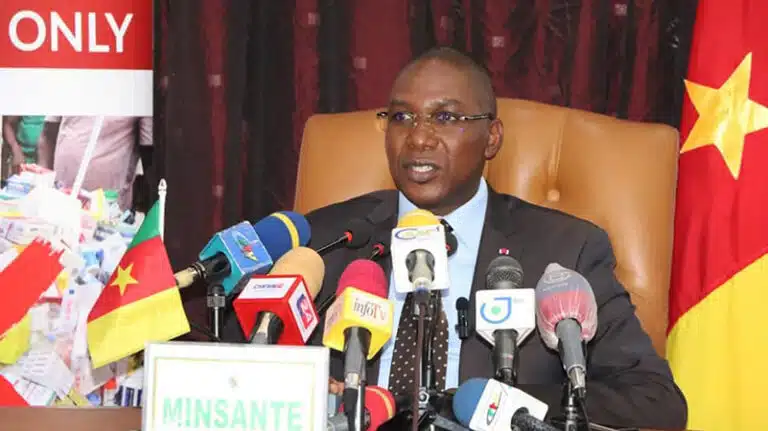The Global Fund has granted financial support worth 289,908,532 euros (more than 190 billion FCFA) to Cameroon with a view to intensifying the fight against HIV-AIDS, tuberculosis and malaria.
This amount was revealed on April 24, 2024 in Yaoundé by the Minister of Health, Manaouda Malachie, during the first statutory meeting of the National Committee to Fight AIDS for the current year. According to the government member, the funds allocated aim to finance activities to combat HIV, tuberculosis and malaria and to strengthen the country’s health system, over the period 2024-2026.
“The amounts allocated were determined according to a methodology approved by the Global Fund Board of Directors and based primarily on disease burden and income level. Cameroon is classified as a lower middle-income country,” declared the government member. He called for appropriate management of the allocated sums. “Funding is always a big problem. I think it is safe to say that no government has infinite resources and there are so many competing demands that difficult choices often have to be made. This is why it is imperative that available funds are spent wisely and efficiently and on the issues that matter most,” he said. He affirms that the funds allocated will be primarily intended for “improving the living conditions of people living with HIV”.
According to the Global Fund, Cameroon is making significant progress in terms of prevention, diagnosis and therapeutic coverage for the three diseases. With regard to HIV-AIDS in particular, which remains a public health priority in Cameroon, data from the Ministry of Public Health shows that the prevalence rate in Cameroon increased from 2.7% in 2018 to 2.1%. in 2023. We also note that more than 90% of people living with HIV know their HIV status and of those who know their status, almost all receive life-saving treatment. The same data reveals that more than 90% of people on treatment benefit from viral suppression.
However, although the results of the response to this pandemic are generally satisfactory towards achieving WHO objectives 95-95-95 (95% of people living with HIV know their status, 95% of people with HIV diagnosis has been made receive antiretroviral treatment and the viral load disappears in 95% of people on treatment by 2025), Manaouda Malachie affirms that “gaps” and “insufficiency” persist, particularly in the coordination and decentralization of interventions in health care structures, the delegation of tasks to health and non-health actors, the retention of the mother-child couple and adolescents in the care continuum, early diagnosis and management of inputs.
SBBC

